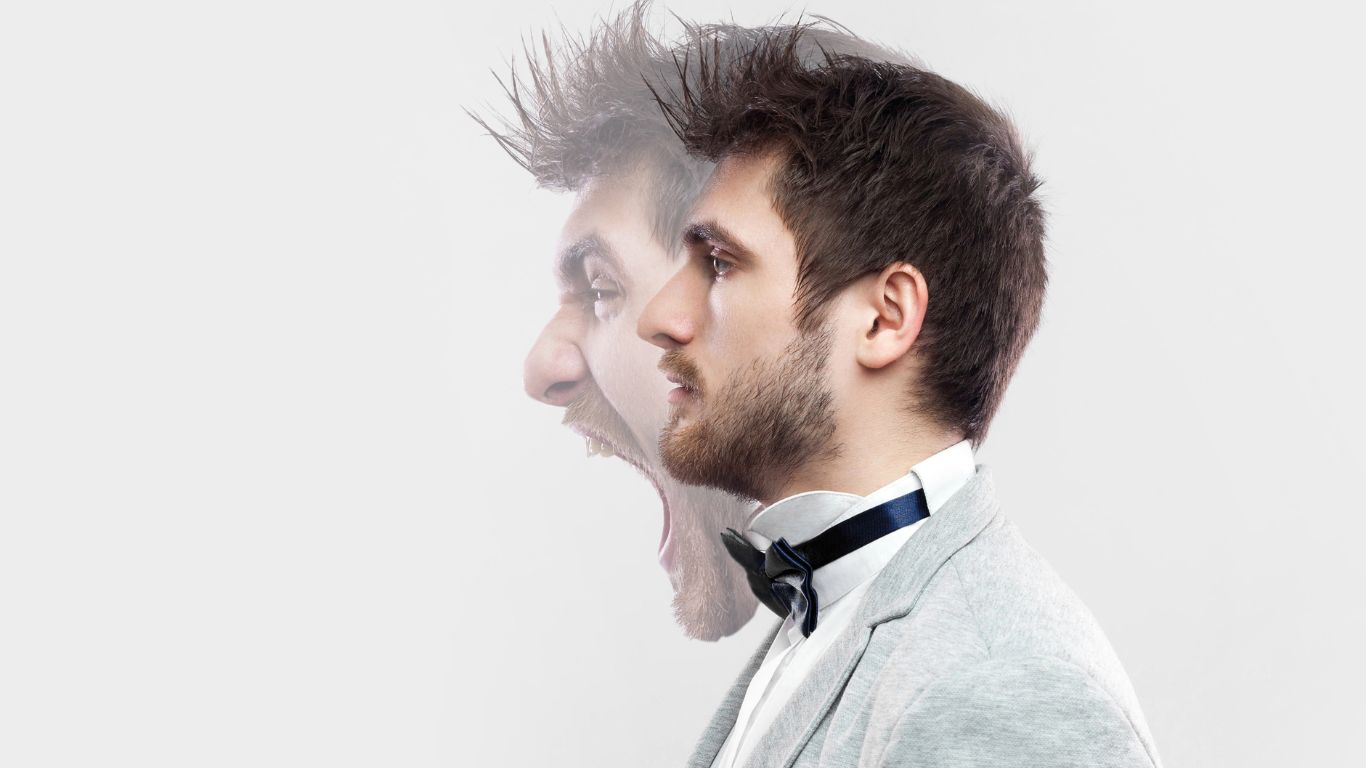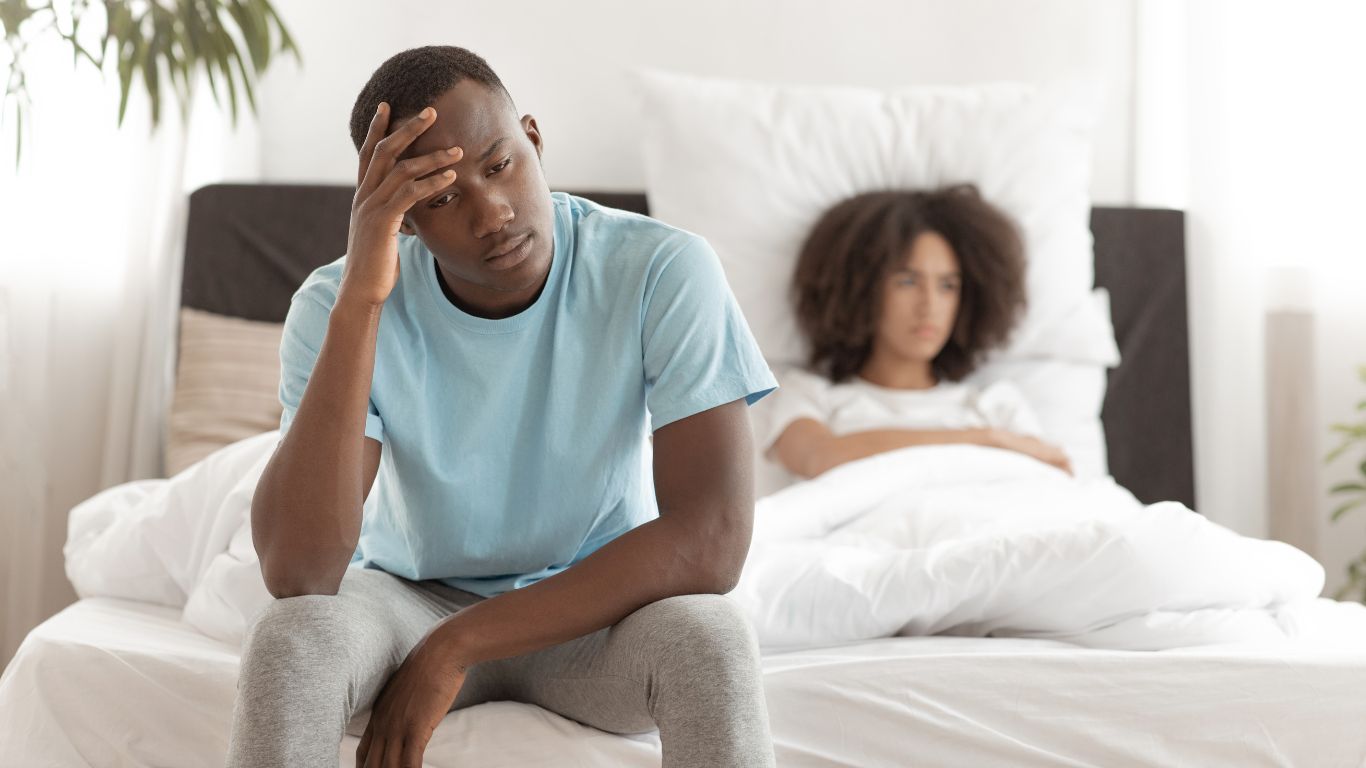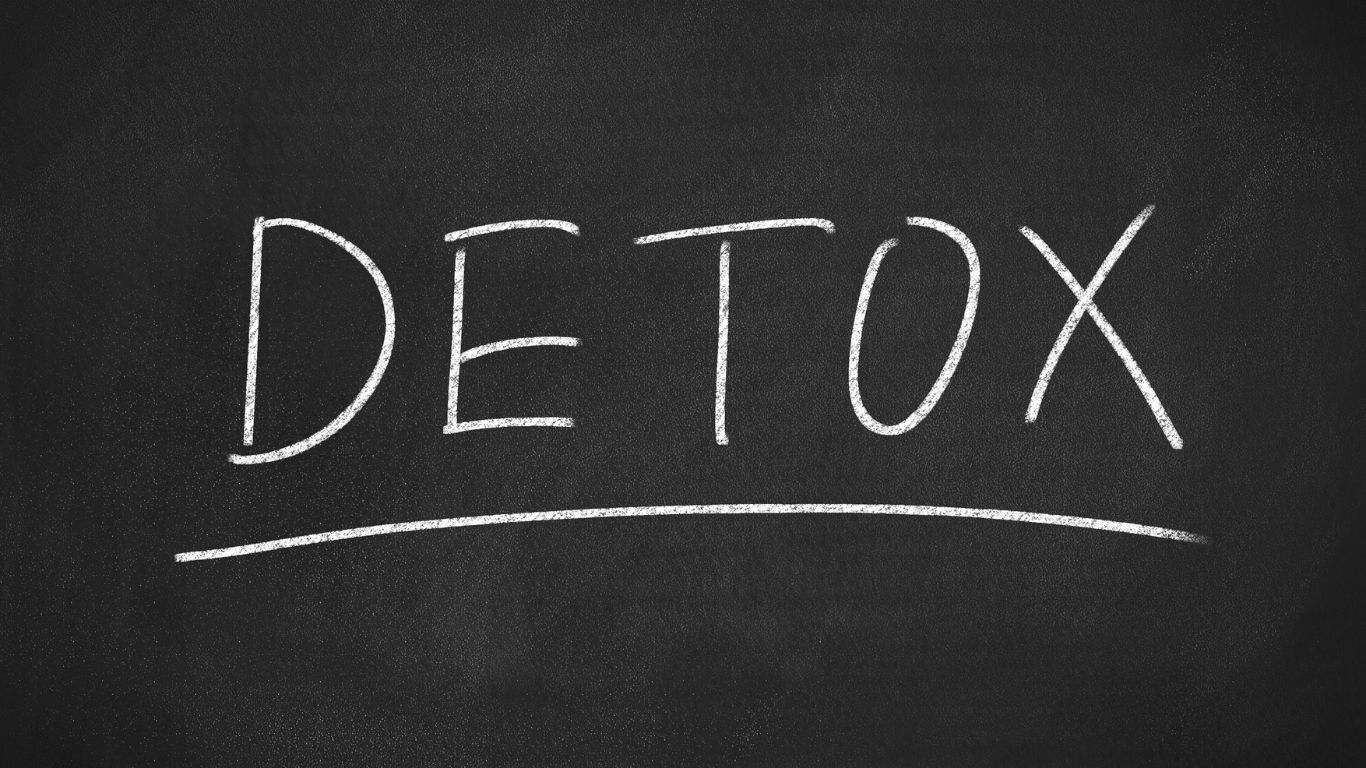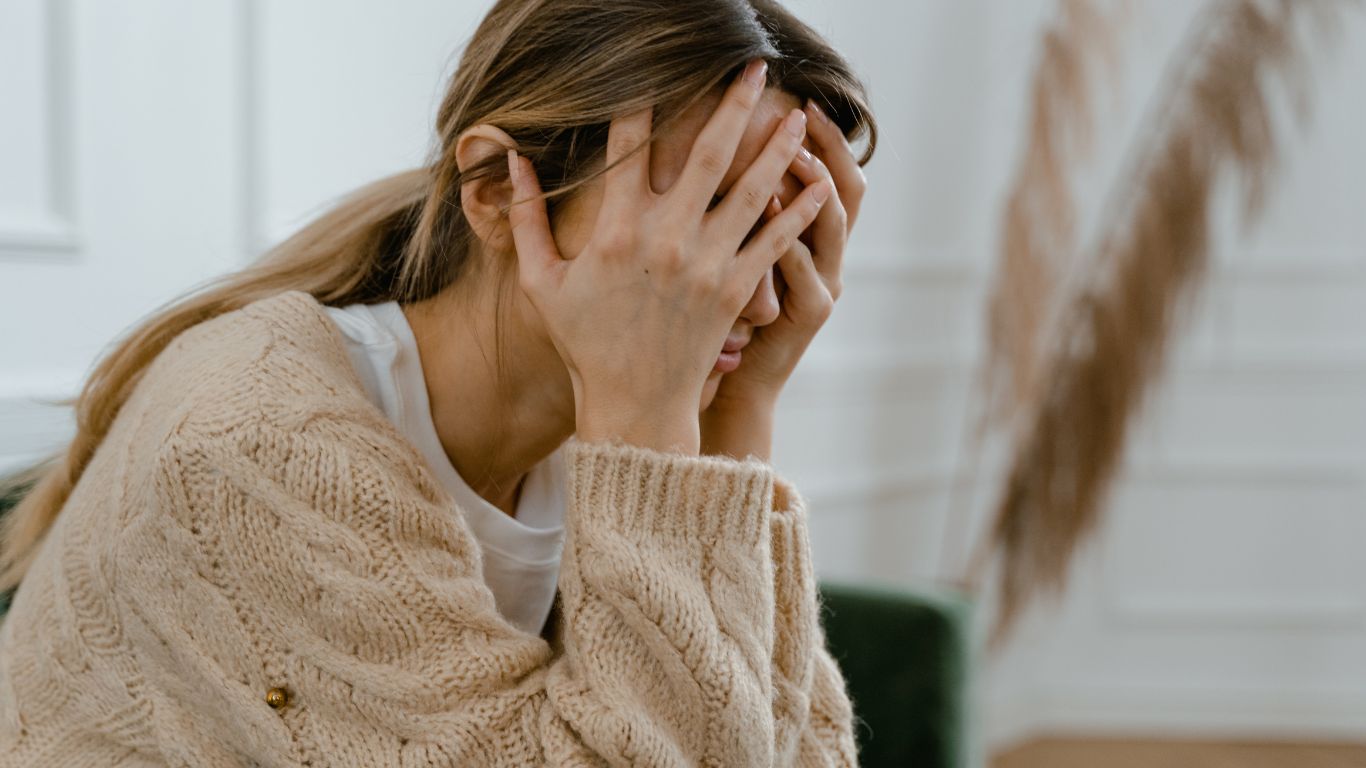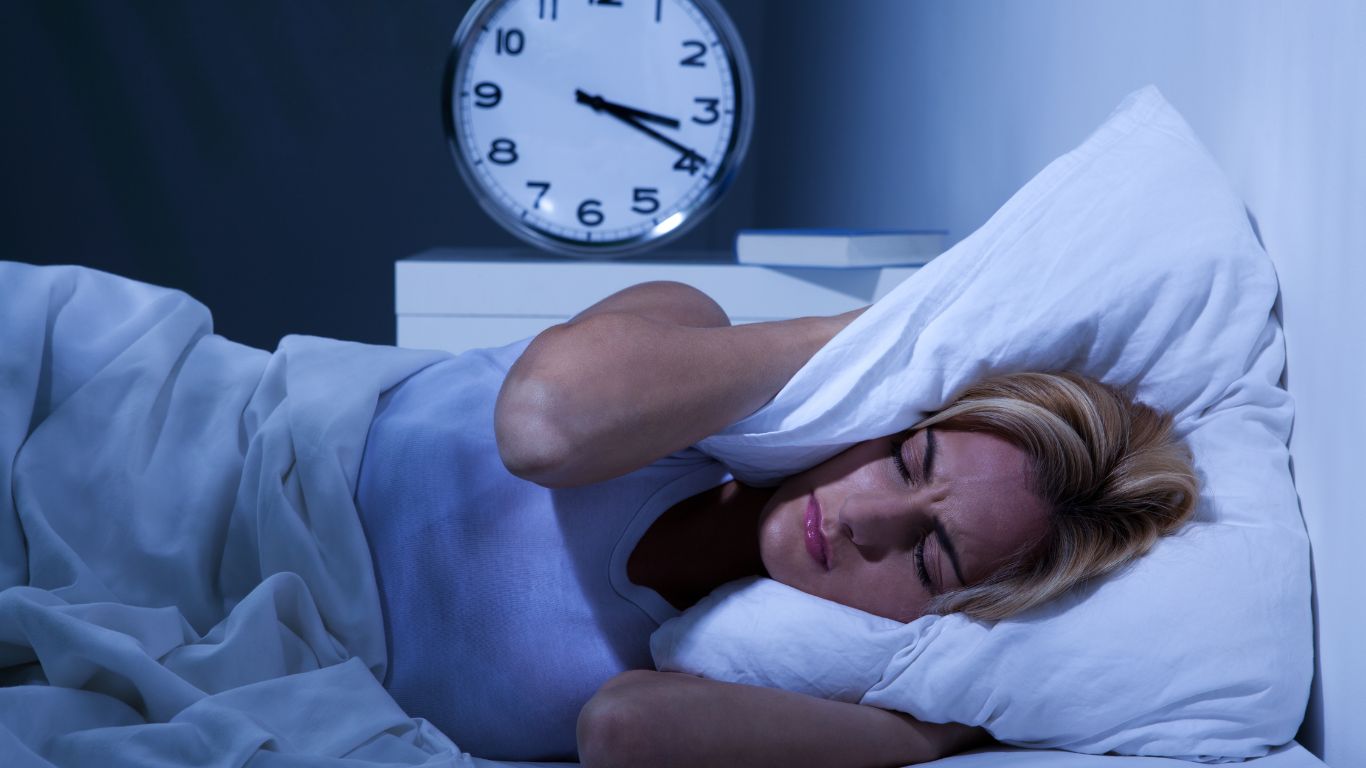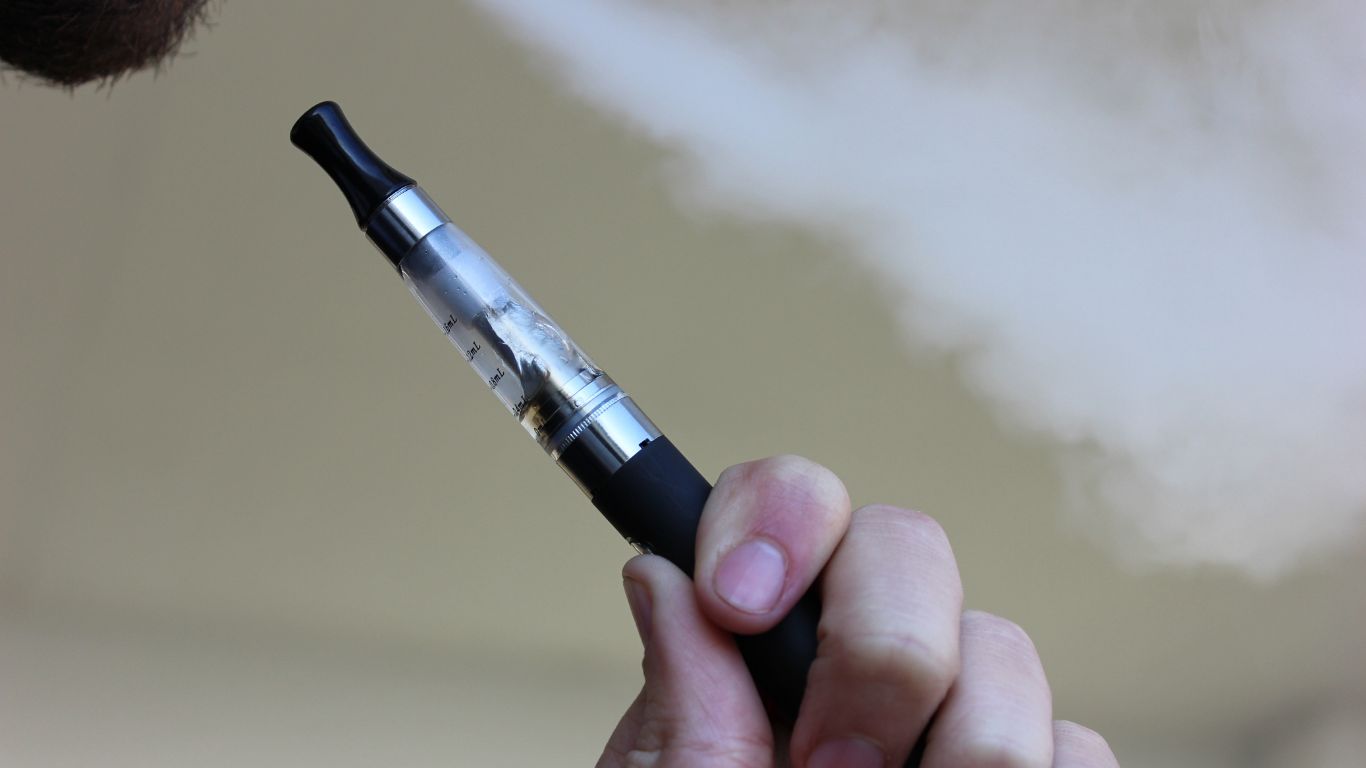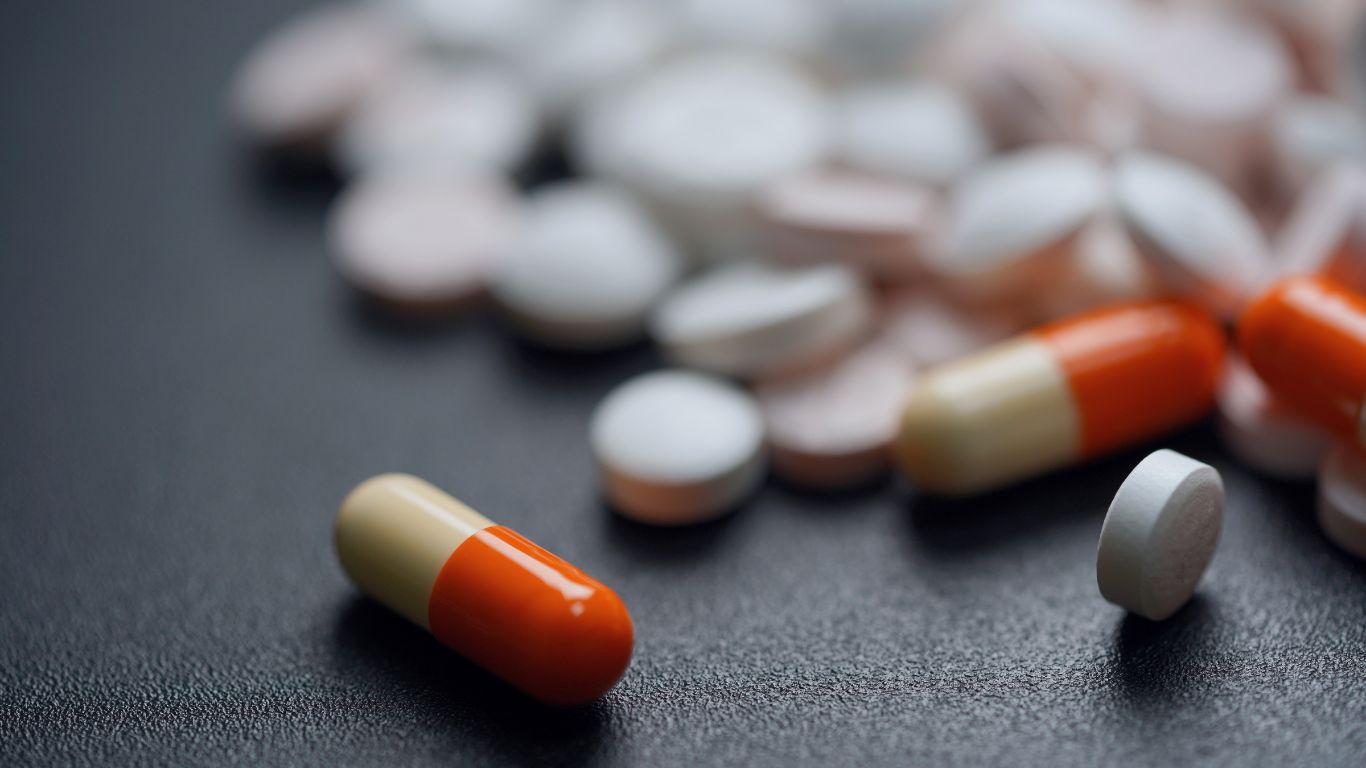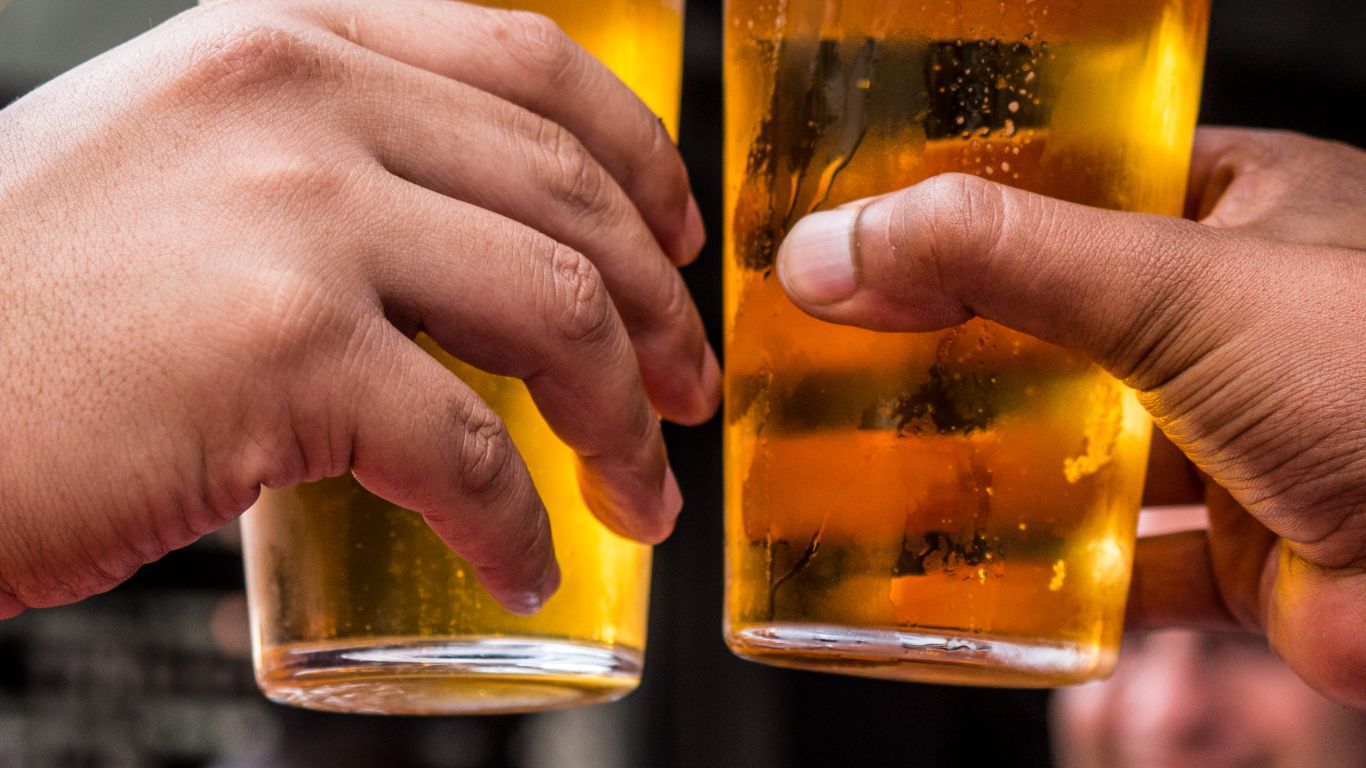What is Non-alcoholic Beer? Is There Any Alcohol in It?
When you hear the term Nonalcoholic beer, many would say that it is safe to assume that it is a beer that has zero alcohol content. While the marketing for this beverage would say that this is the case, there are some nonalcoholic beers that will actually have a content of .05% alcohol content within them. While there is a significantly lower percentage of alcohol within a nonalcoholic beer, there is still in fact alcohol content within the nonalcoholic beer.
Is Drinking Non-Alcoholic Beer After Completing Rehab Safe?
For many individuals that have attended rehab for an alcohol use disorder, once you return home and back into your day-to-day life, you will begin to navigate what life will be like in sober living. While you want to remain true to your goals of abstaining from alcohol abuse and living in sobriety, there are often questions surrounding whether it is appropriate for someone living in addiction recovery to drink nonalcoholic beer. Although nonalcoholic beer does not contain alcohol, there are still concerns and debate over whether the nonalcoholic beer is supportive to a person’s long-lasting recovery and acts as a good sober alternative. There have been many concerns about how nonalcoholic beer can become a trigger for alcoholics living in addiction recovery due to the fact it tastes and smells like alcoholic beer. However, there are some that may argue that they are able to drink nonalcoholic beer without being triggered, and provides an option that will allow you to be within a social setting and eliminate the concerns of peer pressure by having a non-alcoholic alternative. The decision is ultimately up to you and your comfortability and self-security to be able to remain true to your goals of living in addiction recovery.
Read more
